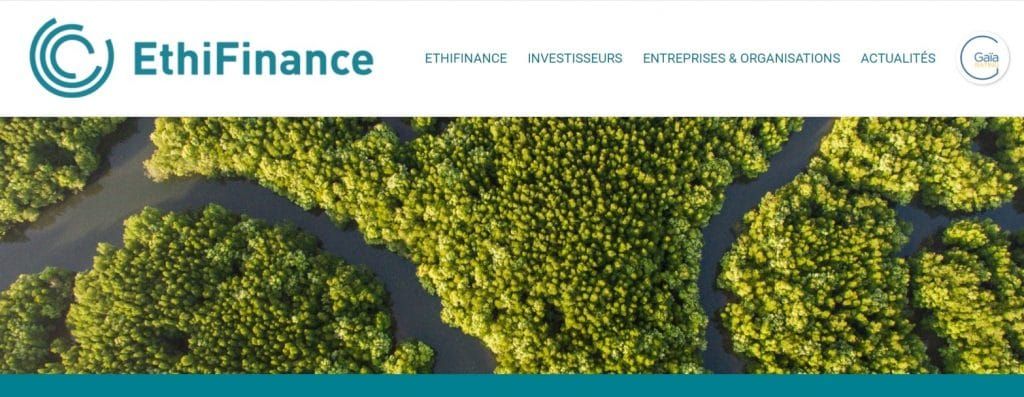Extra-financial rating agency: a new tool for responsible finance
A credit rating agency is an independent organization that assesses the creditworthiness of a company, a community or even a government. However, this form of evaluation does not allow for reporting on the social and environmental impact of these actors. Extra-financial rating agencies were therefore created to focus on the social and ethical responsibility of economic operators.
Qu’is it’a non-financial rating agency ?
A extra-financial rating agency uses ESG criteria to evaluate the practices of companies and public issuers such as banks. Beyond their financial performance, these players will this time be rated rating compared to environmental, social and governance issues. Thus, these evaluators are also called “social and environmental rating agencies”.
This sector currently counts about thirty specialized actors such as Novethic or the French agency: Vigeo. For the moment, the most important brands are mainly concentrated in Europe, notably Arcet Cotation, Gavet & Bacqué, Oekom, RepRisk, Triodos Bank… However, this market is also of interest to the major financial rating agencies such as Moody’s or Standard & Poor’s.
Moreover, Moody’s has already introduces ESG risks in its credit rating methodology. The agency has also developed a formula focused on green bonds (green bonds). Standard & Poor’s, for its part, has access to an environmental database since the acquisition of Trucost.
It thus proposes more than 150 values S&P Dow Jones indexes constructed by taking into account ESG factors.
Following the Cop21 in 2015, some rating agencies decided to focus on specific areas. In addition, they can also rate local authorities on environmental, social and sustainable development issues. On the French market, ORSE The Observatory for Corporate Social Responsibility (OSCR) maintains a database on corporate social responsibility dedicated guide to this type of agency.
How they work ?

A extra-financial rating agency is inspired by the model of actors assessing the solvency of companies. However, these players do not have standardized criteria due to the lack of recognized common benchmarks. However, they are based on various international conventions.
These recommendations are based on the recommendations of the EU, the OECD and the UN.
The auditors are remunerated by investors, unlike financial rating agencies paid by the issuers of securities. This system is to limit conflicts of interest. That said, companies can also contact an actor like Standard Ethics to carry out a Solicited Sustainability Rating (SSR).
This European agency is based in Brussels and London.
Extra-financial ratings are particularly useful with SRI (socially responsible investment) funds. Indeed, these financial products integrate environmental and societal parameters in the choice of the projects financed. These portfolios therefore only support companies that are in line with their stated values (promotion of the energy transition, the circular economy, etc.).
In practice, the rating agency evaluates operators using public documents, surveys and internal interviews. These analysts also have specific methods to make the approach consistent with sustainable development. They can also introduce other ethical criteria according to the wishes of responsible investors (diversity, parity, etc.).).
Example of a’independent extra-financial rating agency: Ethifinance

Founded in 2004, theextra-financial rating agency Ethifinance specializes in theevaluation of European SMEs, whether listed or not. It is defined at its creation by the status of SCIC (cooperative society of collective interest). Since then, the agency has offered to advise responsible investors in their SRI approach.
On the other hand, the independent agency is characterized by its commitment s CSR policy’a company. Its team is also keen to engage with operators who share the same ethical values. Indeed, the aim of the rating systems is to limit the societal and climate risk in the investment process.
Private companies will thus have a responsible approach.
According to the agency’s founder, the Ethifinance adventure began after the Enron scandal. This is a real awareness of the need to to reconcile human development with economic performance. This positive perspective necessarily requires the consideration of all stakeholders within the company.
It also takes into account the ESG issues of the economy.
Since 2017, Ethifinance has merged with Spread Research to create the Qivalio group. The latter operates on the international market through the rating agencies EthiFinance, Gaïa Rating, Spread Research and Spread Ratings. These brands are still specialized in financial and extra-financial ratings of companies, institutional organizations, investment funds, etc.

